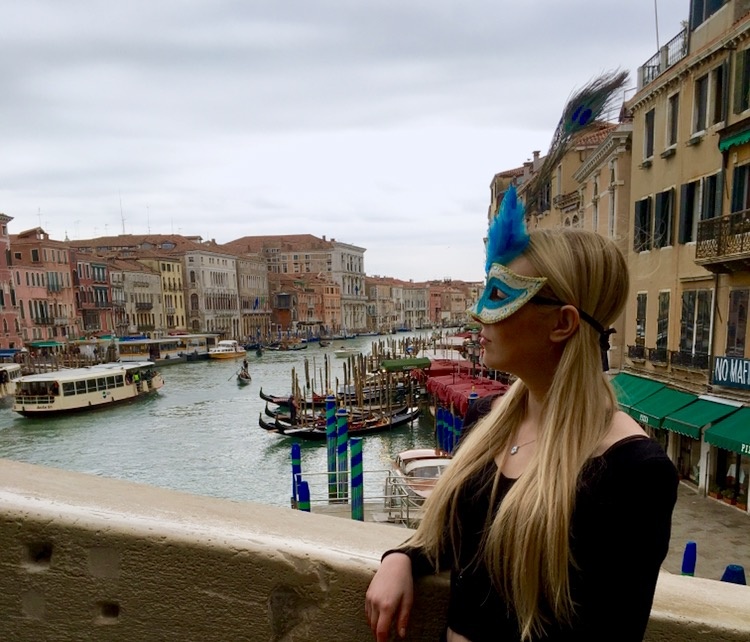
As a student with learning disabilities, routine and structure is something that I not only need, but that I like to change as little as possible. So as you can imagine, choosing to study abroad was one of the most adventurous, risky, and nerve-wracking decisions I’ve ever made. Flash forward to now: if you would have told me I would come back after just twelve weeks abroad a fearless, tenacious, culturally competent problem solver with a newly acquired travel addiction, I would have made the choice a long time ago.
Having disabilities forced me to overcome adversity on many occasions early on, which helped me develop a skill set that served me well abroad, and will continue to for the rest of my life. I would even go as far to say that I felt I held a competitive edge while abroad because of my existing ability to advocate, be patient, communicate effectively, and thrive under arduous circumstances which many other students were not used to.
For example, the language barrier that accompanies the host country of many study abroad programs, including the CIMBA Italy program that I chose, can be very daunting. While I love to read and write, as someone with learning disabilities, these can already take me some time; so adding another language into the mix was not ideal. To my surprise, not only did some Europeans I interacted with also speak English, but I had the opportunity to easily liaise with those from different cultures since my disabilities have taught me to use far more than words to communicate.

While in the CIMBA Italy program, I of course received my usual academic accommodations, but I also had the opportunity to get to know my professors on a more personal level due to the small class sizes. This, paired with being accustomed to approaching professors about my disabilities, while endorsing myself as a competent leader, allowed me to have my best semester personally, academically, and professionally. Despite being in a new environment, I went on to graduate CIMBA’s Leadership Institute for Excellence as a class representative, win ‘CIMBA Shark Tank’, grab dinner or gelato with professors on a regular basis, and also travel to eight countries and clutch a 4.0 GPA.
Studying abroad will help you understand your place in the world by being in an environment that encourages and celebrates uniqueness and differences. If you’re considering studying abroad, and like me, you have disabilities, you must already have a great willingness to learn and an open mind. Studying abroad will not only heighten this, but will surround you with people who have similar missions, interests, and ethics.
So if I haven’t already sold you on why studying abroad will be one of the best decisions you’ll ever make, and how this past semester has made me a better version of myself, I’ll break this down a little more:
- I am thirteen credit hours smarter, hundreds of miles in my poor, obliterated Vans stronger, and dozens of introspective, reflective, and spiritual moments wiser.
- I came to Italy with four acquaintances, and I left with 78 friends.
- I came with Italian blood, and I left with Italian cultural understanding.
- I came a proud American, and I left also a global citizen.
- I came from the Hawkeye family, and I left part of the CIMBA family.
These experiences are my bragging rights, my resume, my fondest memories, and in simplest terms: me.
So with absolutely no regrets, and a few months, dozens of flights, and thousands of pasta noodles later, I’m ready to take on the next adventure.
Please note that the opinions and views expressed by diversity ambassadors are solely those of the students and do not reflect or represent the views of International Programs or the University of Iowa.